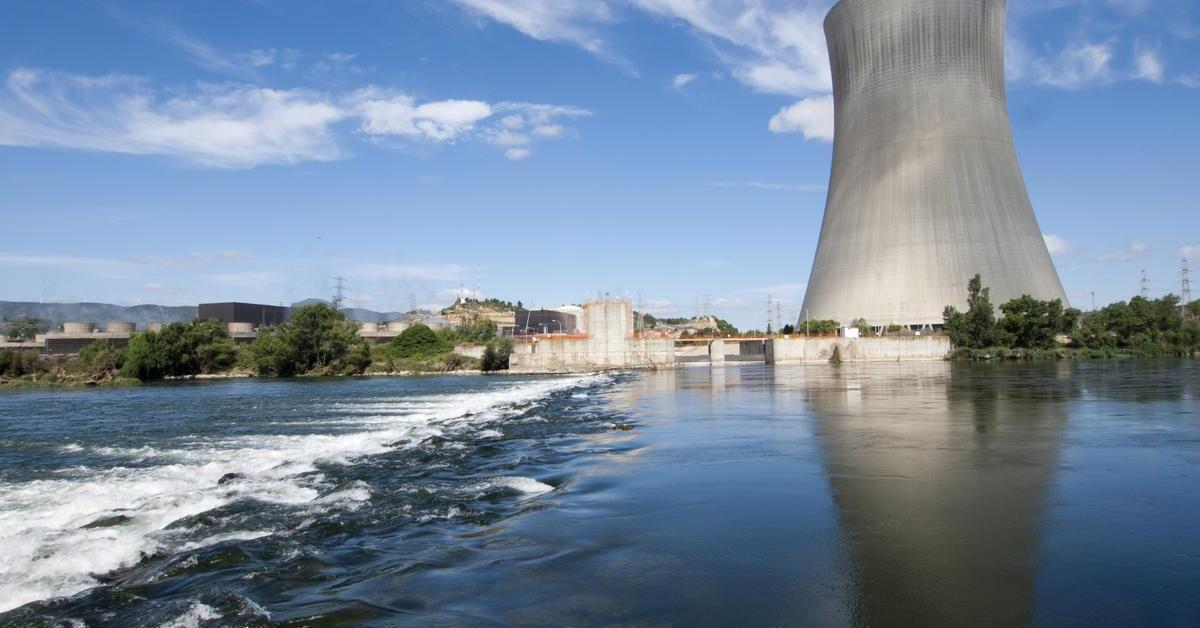BarcelonaSpain currently has seven nuclear reactors, but only three are currently operating, as one is disconnected from the grid due to recharging, and three others have been shut down. The cause lies in this spring’s storms, which have boosted renewable energy production—particularly wind and hydropower—and the drop in demand due to the Easter holidays.
Thus, the Almaraz I and II and Ascó I plants have reduced production and have even been disconnected. Trillo, meanwhile, is in the recharging process, and nuclear generation remains stable at Ascó II, Vandellós II, and Cofrentes. This is because the price per MWh has fallen to record lows (€12.14 this Wednesday, with further declines expected over the holidays due to reduced demand), and renewable energy production is very high.
In fact, both Almaraz reactors were shut down last night. Sources from the nuclear company indicated that at these market prices, it is not profitable to sell electricity on the grid, as it would incur losses. Almaraz is owned by the main state electricity companies: Iberdrola (53%), Endesa (36%), and Naturgy (11%). Yesterday, the group that operates the plant, CNAT (Centrales Nucleares Almaraz-Trillo), announced the shutdown of both Almaraz reactors starting at midnight, without setting a date for when they will be brought back online, due to the economic unviability of high nuclear taxation, low demand these days, and high generation.
According to sources from the company, all of this generates “inefficiency in the electrical system” in which nuclear power plants “are excluded from the market.” The same sources emphasized that the plants are in perfect technical and safety condition, and the shutdown, which is part of the plant’s normal operations, will be carried out in accordance with established internal procedures.
Viability compromised by taxation
They also explained that while the Almaraz nuclear power plant has “very competitive” operating costs, its economic viability “is seriously compromised by the unaffordable tax burden, which accounts for more than 75 percent of variable costs.” The tax levied on the production of one megawatt-hour by nuclear plants averages €28 per year. The wholesale market, for the first time in history, reached negative prices.
